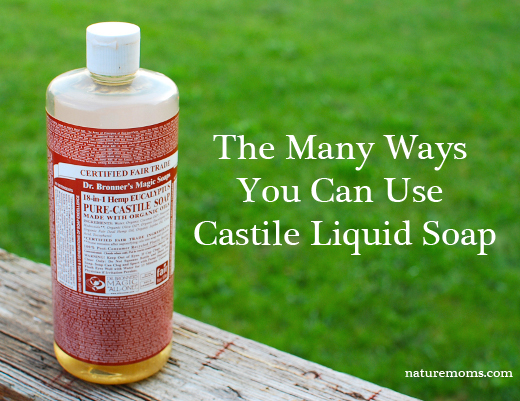 So, you stay in the city and you like your urban lifestyle. Yet you also like the idea of being self-sufficient, growing your own food, and eating organic and local – like you live on a farm.
So, you stay in the city and you like your urban lifestyle. Yet you also like the idea of being self-sufficient, growing your own food, and eating organic and local – like you live on a farm.
What is Homesteading? It is nothing but a lifestyle of self sufficiency. It involves many things such food preservation, agriculture, raising animals for food, maintaining your own house and property yourself, sewing and making household items, and generally living off the land.
When you live in a rental, condo, or apartment though, this may be a tall order. You probably don’t have any “land” or there are strict rules governing what you can do on your property. In general your space is limited. Despite these limitations there are numerous ways in which you can embrace urban homesteading…right now in your apartment. Here’s how:
Cook your own food
Forget the processed stuff that comes in a box or can and forget the takeout place down the road. Cook healthy local foods from scratch. Fresh local food will nourish your body and minimize the chance you will have medical bills. It is also a great step towards self sufficiency.
Buy from the farm
So you probably do not have room to raise a grass fed cow or pasture a pig. You may not have room to grow pumpkin vines. You can source local organic farms in your area though and support them. They need the support and you want the farm fresh goodies. It’s a win, win. Purchase a herdshare and get a quarter cow or a half pig…maybe even some raw milk. Find a place where you can get farm fresh pastured eggs weekly. You can eat like you live off the land even if you don’t.
Have a porch garden
In your apartment or rental chances are you do have a little space to grow. The photo above is one I took in New York City of an apartment dweller who was growing a garden right on the sidewalk in front of their dwelling. You can have a nice little garden with pots and herbs and grow peppers, tomatoes, onions, lettuce, garlic and strawberries. You can also have your very own compost bin on the porch so that you will be able to get fresh compost when you need it and at the same time reduce the amount of garbage you create.
Try “alternative” gardening
Okay so maybe you don’t have much of a porch and you don’t have a balcony. What can you do??? Plenty! Search your area for a community garden or a backyard sharing program. The former will rent you a small plot of land to use for your garden and the latter is an opportunity to help someone cultivate their space and you share in the bounty. There is also wild food foraging. You can find edibles like fruit trees on abandoned properties or public spaces (like parks) and scoop up the harvest when it is ready. One step further is guerrilla gardening. You find land that is not being cared for…empty lots, foreclosed homes, areas of public properties that are not well traveled, etc and you grow food stealthily. During early spring do some quick planting or throw some seed bombs and then return in a bit to see what happens. You may have a new food source!
Embrace natural remedies
Learn some of the well known natural cures for common ailments and keep and herbal medicine box at hand so that you are able to treat your yourself and your family for those little aches and pains that inevitably occur. You can treat colds, flu, fevers, tummy aches, poison ivy, cuts, eczema, head lice, etc. all from the comfort of your home.
Make your own personal care products
When you live in a homesteading environment, you will be able to minimize your shopping bill as you go about making your own natural body and skin care products. This kind of hobby is fun and the resulting products are MUCH safer than the toxic ones you buy in stores. So stop wasting money on chemical laden junk and make your own toothpaste, deodorant, moisturizer, and even makeup. The possibilities are endless.
Make your own cleaning products
It is simple and you need only a few basic affordable ingredients. Then you can stop wasting money on expensive store bought products. Purchase some baking soda, vinegar, castile soap, lemons, coconut oil, and a few essential oils and you have the makings of just about any cleaning product. Castile soap alone has a TON of household uses….see the article below for a list.
Can and preserve food
When you live in a homesteading environment you typically store seasonal foods for use later in the year when they are not available. Canning, dehydrating, fermenting, and otherwise preserving foods when they are local and in season is something you can do just about anywhere as long as you have the space. If you are new to this concept then start with canning. Get some supplies and can one or two crops to start. Increase what you do each year until you have steady supply of foods to tide you over when the weather is cold.
These are some simple homesteading practices that will help you will learn the art of self sufficiency…even if you live in the city and you have no land to speak of.




